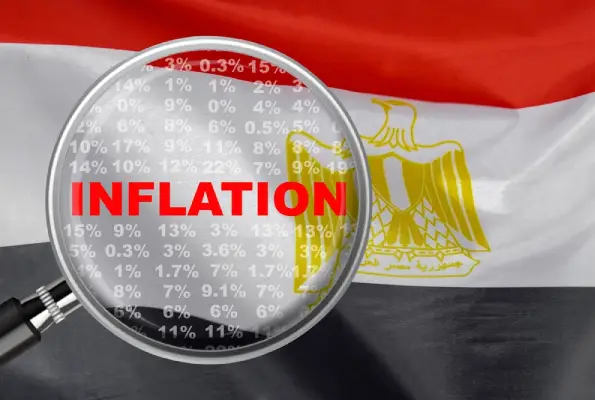Egypt’s business conditions came close to reaching growth territory in May 2024, after a marked cooling of inflationary pressures since the beginning of the year, a survey has shown.
The country’s headline Purchasing Managers’ Index (PMI) jumped from 47.4 in April to 49.4, its highest level in three years. Whilst still below the 50.0 no-change mark, the index signalled only a marginal decline in operating conditions.
“May’s PMI reading of 49.6 was the first indication that the rapid cooling of price pressures is starting to boost the Egyptian non-oil private sector,” said David Owen, Senior Economist at S&P Global Market Intelligence, while interacting with Zawya.
As per the S&P Global PMI report, while overall business activity dropped at the slowest rate since July 2024, firms hired more staff amid growing confidence that sales will begin to improve.
Cooling inflation and increased currency availability also resulted in the input costs faced by businesses rising at the weakest pace since March 2021 with purchase price remaining at its lowest level in four years.
The S&P Global PMI report further said after policy measures aimed at improving currency availability were announced in March 2024, firms widely commented on greater price stability and stronger confidence over the latest survey period.
“Many businesses specifically linked this to a lower US dollar exchange rate in local markets, which led to falling prices for imported goods,” the report noted.
The report further attributed the rise in employment to confidence in the 12-month outlook increasing during the month.
New business levels fell at the slowest rate since September 2021, while new export orders increased for the second time in three months amid rising foreign demand.
The manufacturing, wholesale and retail sectors experienced further declines in contrast with uplifts across services and construction. The general slowing of cost burden rises, on the other hand, paved the way for another mild increase in average prices charged in May.
The ongoing downturns in sectors like manufacturing, wholesale and retail show that the recovery is still lopsided and may take more time to spread across the rest of the Egyptian economy, said Owen.
“With input cost inflation easing further, the data nonetheless signals a promising outlook for Egyptian businesses,” the Senior Economist at S&P Global Market Intelligence concluded.
Meanwhile, Dr. Hala Elsaid, Egypt’s Minister of Planning and Economic Development, has now predicted that the country’s economy will grow by 2.9-3% in the financial year ending June 2024, before accelerating to 4.2% in the 2024/25 fiscal year.
Dr. Elsaid attributed this growth to increased investment spending, stronger net exports, and higher consumer spending, while Finance Minister Mohamed Maait, in separate comments made during talks with the International Monetary Fund (IMF) in Washington, forecast 2.8% economic growth for Egypt in the current fiscal year, followed by 4.2% growth in 2024/25.
Meanwhile, in April 2024, Egypt’s net foreign assets deficit contracted by USD 586 million to USD 3.68 billion, following the disbursement of USD 820 million loan instalments from the IMF earlier in the month. The country’s trade balance deficit decreased by 23.2% year-over-year to USD 2.37 billion in March 2024, down from USD 3.09 billion in the same month in 2023.
A mention must be made of the Central Bank of Egypt, which, in May 2024 announced that it will keep its current key interest rates unchanged. The bank’s overnight deposit rate, overnight lending rate, main operation rate, and discount rate have remained at 27.25%, 28.25%, 27.75%, and 27.75%, respectively.


